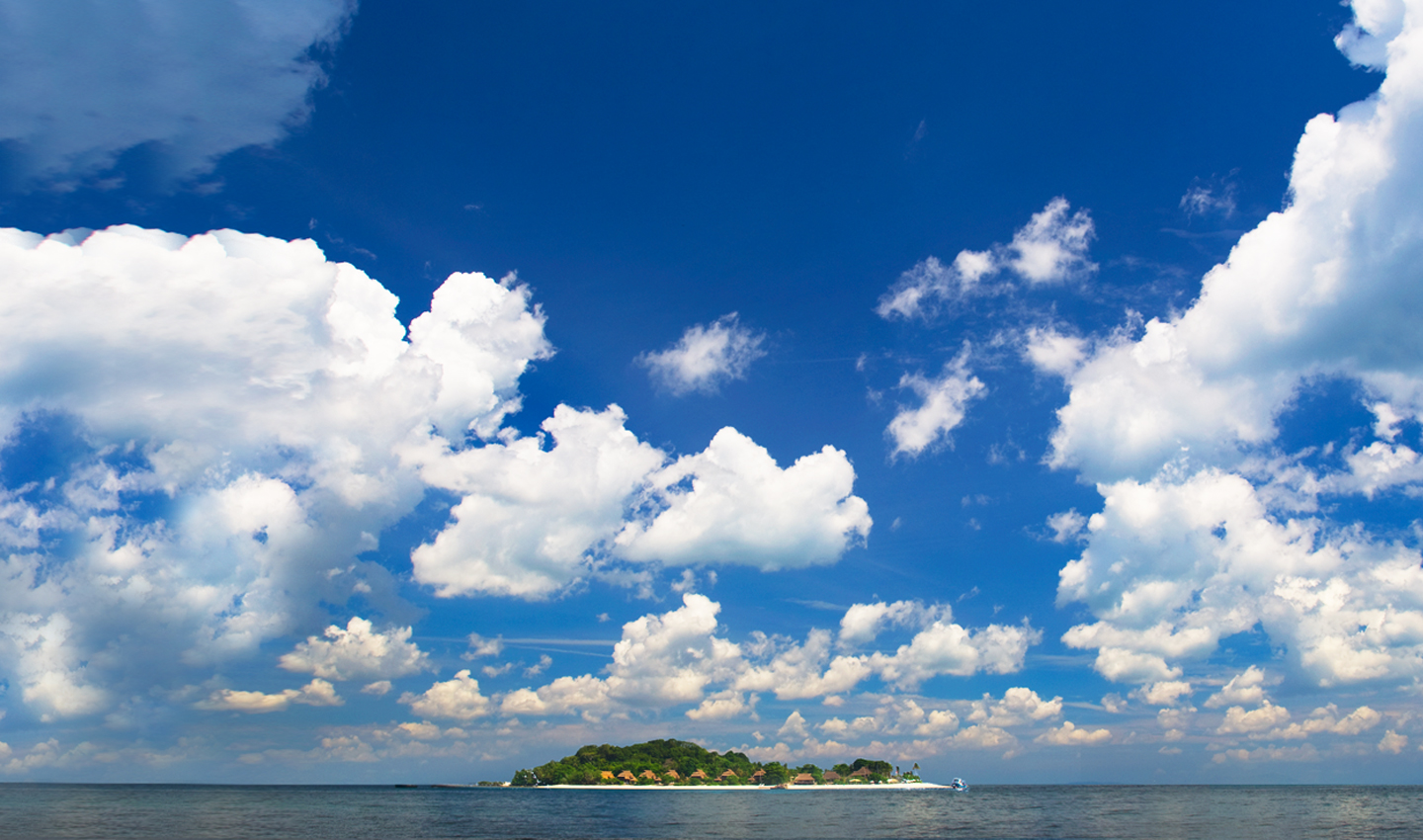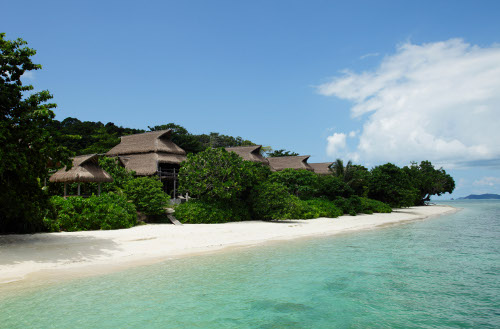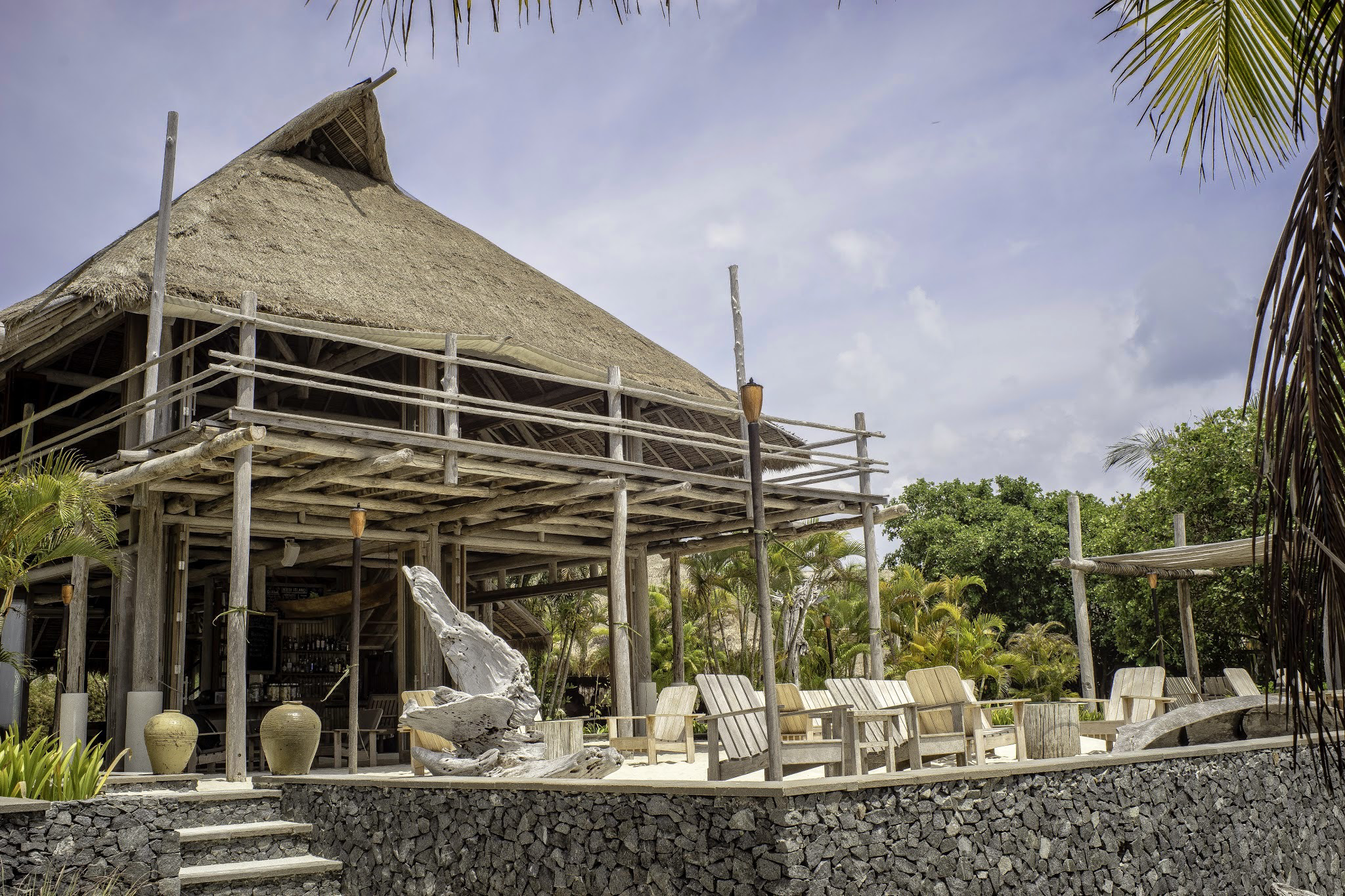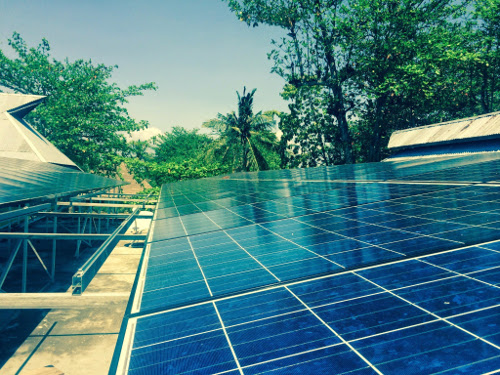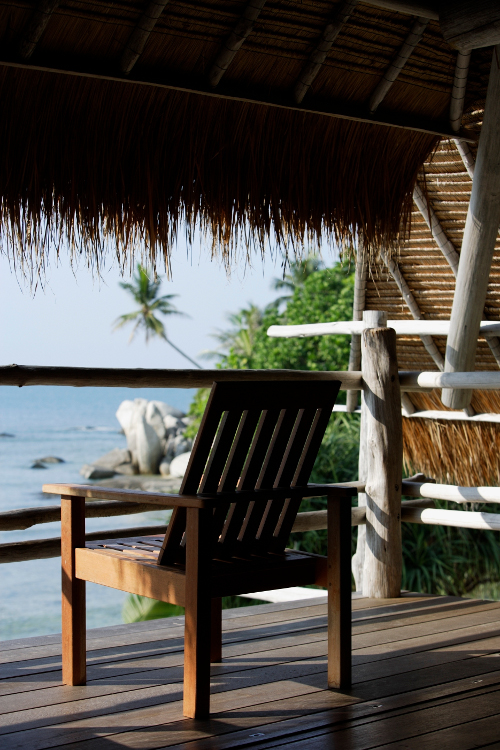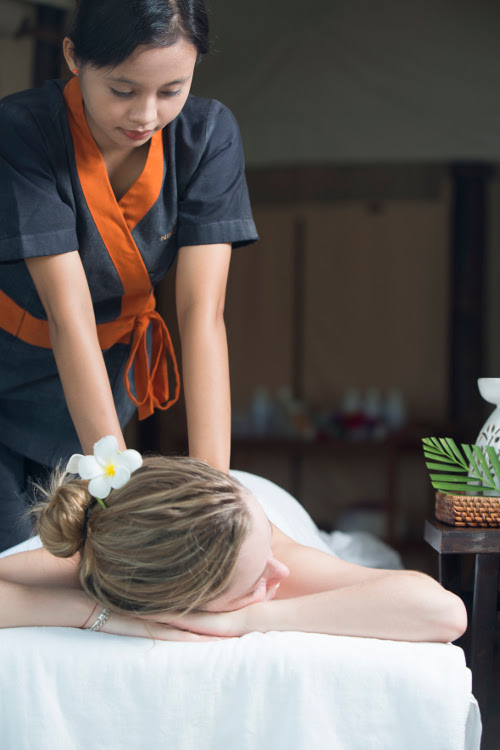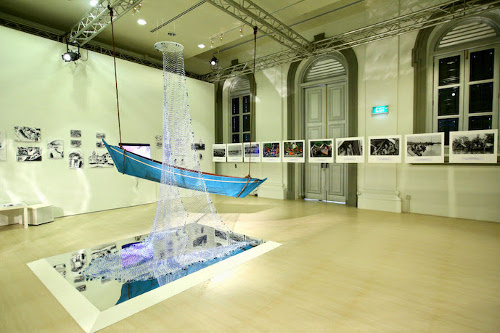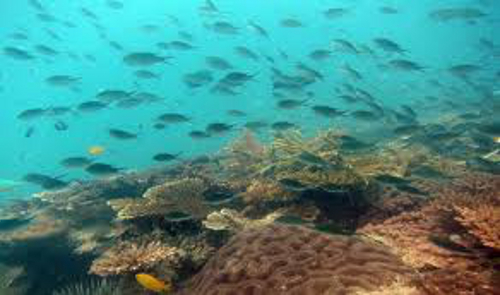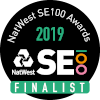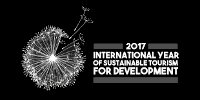Andrew Dixon is an Earth Changer.
The co-founder of Nikoi Island, a barefoot secluded escape just 50 miles from Singapore, talks designing and developing a sustainable remote private island for guests to connect with themselves, the natural environment and local community.
Places
In the late 1990s, Australian banker Andrew Dixon transferred from Sydney to Singapore.
The city’s access and proximity to nature combined with its position just north of the equator offered excellent exploration options of reef islands for his young family, via Bintan, just a 50 minute ferry ride away. However, Andrew was disenchanted with the basic shack or garish 5 star standard of holiday accommodation on offer close to Singapore in cultural sensitivity, design, privacy and simple luxuries. A chance meeting with Peter Timmer, an American living on Bintan, led to a day in a fishing boat to visit another island for sale. But they also discovered uninhabited and untouched Pulau Nikoi further afield- still a paradise and just 50 miles from Singapore.
So, in 2004, Andrew, with five friends who shared an expatriate working life in Asia and a passion for outdoors, nature, food and wine, decided to buy the islet, initially as an investment in a private weekend getaway. But things developed, and somewhere along the line, the venture took on a life of its own and became a much bigger project.
“The prospect of acquiring Nikoi inevitably came with a great deal of responsibility to the investors in terms of preserving the natural environment and beauty of the island”
As there were no inhabitants at the time - only signs of past occupants and that the island had been farmed for coconuts, building commenced once an environmental impact survey was completed and government approval granted in 2005.
Now the resort offers Robinson Crusoe barefoot luxury and raw indulgence in space and privacy, the antithesis of many 5 star hotels.
Developing a private resort is not simple when it’s on a remote island, accessible only by ferry from Singapore to Bintan, then a car and another boat ride. It was not a deterrent, but perseverance was required: Nothing worthwhile or distinctive ever comes easily. It was a challenge to find ways to be more sustainable and we wanted to make sure that guests wouldn’t feel short changed by that, but at the same time, as a business, some of the initiatives we have made to reduce our energy and water consumption stand out for their simplicity. For example, water filtering, treating and pressurising accounts for around 30% total energy use, but we have highly efficient shower heads which reduce water consumption by 20% and we use reject water from the desalination unit to top up the salt water swimming pool, reducing the need not only for fresh water but also imported salt. In sustainable tourism terms, Nikoi has pushed boundaries beyond which no other hotel in the region has gone.
Waste management is a challenge and we recycle, reuse or upcycle everything. We used second hand machinery wherever possible rather than buy new unnecessarily. All recyclable waste (glass, aluminium and paper) is returned to Bintan where it is sold or given to local collectors. Only a limited glass recycling program exists on Bintan so we have installed a glass pulveriser to process glass bottles to make glass sand that we then use in cement. Food waste is composted where possible. Sewerage waste is treated in aerobic and anaerobic septic systems. Many of the goods and souvenirs we sell in our shop are made from recycled products, such as flip flops made from car tyres and bags made from recycled rice sacks. And some things we just don’t need. No drinks in plastic bottles or plastic straws are used, instead we use handmade bamboo ones. And we don’t import mineral water – rather we carbonate our own water and make our own natural organic syrups for drinks.
We opened in 2007, with 6 villas on the northern beach, and another 9 opening on the southern beach in 2009. Despite being a remote island, it took just a year to have full capacity at weekends, and not much longer for week days. Now, Nikoi is at near capacity year-round and booked up around 4 months in advance. We truly never imagined we would have so much demand. It shows responsible tourism can be in demand, profitable for all stakeholders, and beneficial to the environment and community, without guests feeling that comfort has been compromised.
“To me, the real luxury of Nikoi is the space – 15 hectares for 50 people at any one time”.
Now we are developing Cempedak, a 17 hectare island 14 miles to the south of Nikoi in the same Riau archipelago. It’s an island I bought a decade ago where I’ve built a resort made of sustainably-harvested bamboo, with 20 villas, no under 16s allowed, which will also support The Island Foundation and social purpose. I now love bamboo! Just as well as its construction includes 50,000 pieces, used from the floors to the handcrafted dowel, shipped in from islands Java and Sumatra. It’s an amazing material – environmentally friendly, softer than wood, and, as a grass, grows back in 3-4 years – very sustainable. Like building a sustainable tourism development, it’s about being strong but flexible.
People
We always wanted to make sure that the choices taken for sustainability would not leave guests feeling short changed. So our focus is on service and guest experience, that they reconnect with nature and themselves, in which there is greater value than TVs and air-con!
Not only was Nikoi built and is operated using local materials, labour and services but we invest heavily in our staff, who work extraordinarily hard to achieve our vision. Happy and engaged staff go a long way to having happy guests - we are always trying to develop and improve training, welfare and working conditions. So we have sessions with external trainers in barista, rock climbing, mixology, scuba, nature, sailing, windsurfing, tennis, cooking, first aid, life-saving, wine and many other areas, teaching staff new trades and techniques. Guest chefs and performing artists not only train staff but offer additional experience to the guests and community. And working in different departments develops their skills and brings an excellent all-round understanding of the business, which helps our operations.
All staff earn above market rates, have employment contracts with a 5 day working week (6 is the norm in Indonesia) and are provided accommodation, meals and medical cover free of charge, in Singapore if need be, potentially including support for family. We covered the cost of a six-month Leukaemia treatment for one staff member’s child. We’ve also established a savings and loan scheme for staff as a separate entity managed by staff.
Our focus on looking after and investing in staff that means we have loyal employees with a turnover of less than 10% per year – a very low level in the hotel industry, let alone on a remote island. I believe it’s for service and experience that guests come and stay with us, rather than for specific sustainability initiatives. But making a business case for a sustainable initiative provides, in the first instance, a great assessment tool, then in measuring its impact. Measuring electricity, water and waste is the key to working out how to reduce all of these.
We justify all our sustainability initiatives, including our engagement with the community on a commercial basis. This can often require substantial investments both in terms of time and resources but the long term benefits of doing so have been very powerful. Improved efficiency, great staff morale and happy guests are what we see as the main benefits.
As we’re popular yet limited in capacity, little marketing and advertising is required – we don’t print brochures and I manage the Facebook account and posts myself. Most bookings are direct to our website rather than coming via third party travel agents, which helps us manage guest expectations directly and channels more money into the community. Instead of advertising, our approach has been to donate that money into The Island Foundation.
Purpose
We formally registered The Island Foundation in 2010, and it’s a charity in both Singapore and Indonesia, which opens up more donor options. Led by one of Nikoi’s founders, Ed Jenne, we have leveraged resources and knowledge by enlisting the assistance and generosity of prosperous Singaporeans to create an independent organisation, board, CEO and funding. It has grown much larger than Nikoi could have supported on its own, and its impact extends well beyond Nikoi’s immediate communities. The charity transparency, independence and focus make sense for operations and for mutual respect between staff and communities, as they help them to help themselves.
To start, numerous meetings were held with village leaders to determine pressing needs. The priority of the Foundation’s efforts was to establish a network of seven libraries for local children to learn extra-curricular English and IT, to benefit from the opportunities of growing tourism. Other villages then wanted the same, expanding to teach adults too, and other programmes such as health, sanitation, arts and crafts, and Ministry of Education-recognised teacher training which enables participants to earn higher salaries.
And so the libraries have become learning and community centres and the Foundation is also helping with curricula, school books (which guests can donate) and materials, arranging student teachers and performing musicians to come from Singapore, and Nikoi’s naturalist to teach about the environment.
Supporting health, we’ve located patients for a Cleft Palate program run by Smile, established a pilot program for mosquito population management and a medical screening for more than 100 villagers, and organised the first children’s sports program on Bintan: The villages appoint their own committees and sub committees to run it, and the Foundation provides coaching staff, equipment (sold through a village shop on buy back scheme) and ground maintenance.
There aren’t really any culturally significant sites on Nikoi or Bintan, but The Island Foundation has played a key role in protecting the local indigenous Orang Laut sea nomad community, opening a dialogue with the government to address challenges to their community and marginalisation, and retain their cultural identity – including education and arts and crafts.
The culmination of a 2 year project to help introduce alternative income sources to the village, working with Swarovski crystal and jewellery makers, they’ve even made a traditional fishing net sewn with 14,000 crystals, exhibited to raise awareness of the community at the National Museum of Singapore in January 2015 and subsequently auctioned off to raise money to build a rainwater catchment system for the village.
Elsewhere in the community, The Foundation has helped villagers film and document their history, stories and traditions and supported revitalising a number of dying art forms. It's helped villagers develop artisanal arts and crafts products, established a retail brand, Kura Kura, to market them and hosted batik workshops for 40 locals by Singapore’s leading batik artist Said Sakarsi.
In the Orang Laut village in Berakit, The Foundation has helped to save two charcoal kilns, planned instead to be incorporated in a museum established to record their culture. Nikoi also sponsors the local culture traditional jong race once a year, which helps to generate interest from younger generations, and we’re looking to create an artist in residence program for Indonesian artists.
Of course, the Island Foundation also brings together the local community with Nikoi and its guests – helping educate and engage on Nikoi’s activities to help protect and restore the environment.
Guests also learn, from information online and literature in rooms, and on nature walks around the island about the island’s flora and fauna (land and marine), which continue to be surveyed by external consultants regularly, and our environmental and CSR policies including the zoning of Nikoi as a conservation area: Two thirds of the island is now preserved as a sanctuary, the Foundation has planted mangroves and mahogany trees and we have a programme to protect nesting turtles.
Since 2011 Nikoi has also had a full time Marine Biologist who has surveyed the surrounding reefs and marine habitat, held town hall meetings with the local community to explain the benefits of a No-Take Zone, and put forward a detailed proposal to establish a Marine Conservation Area. We’re optimistic about this goal and work closely with and support the local fisheries department and local university marine biology, with access to the island and use of our equipment for research. We’re hoping to get the No-Take Zone in place, employ local fishermen to help protect it, and expand further in time, as well as establish a hatchery program for turtle eggs collected from neighbouring islands. We’ve also been petitioning the Singapore port authorities to stop dumping at sea.
"Our aim is to protect the area’s most valuable resource, locals’ livelihoods and stimulate opportunities for the economy, marine sector and tourism."
How You Can Be an Earth Changer:
A stay on Nikoi Island supports conservation and sustainable community development.
